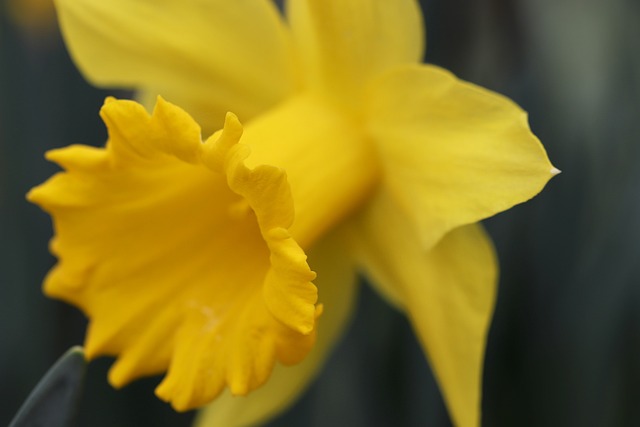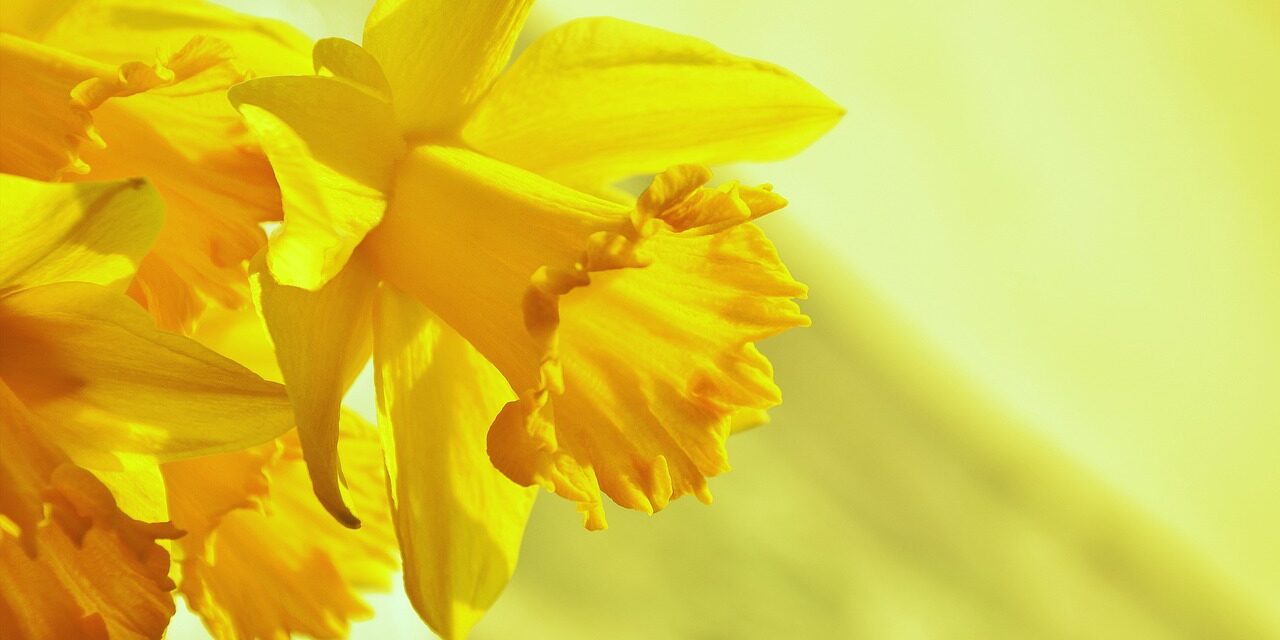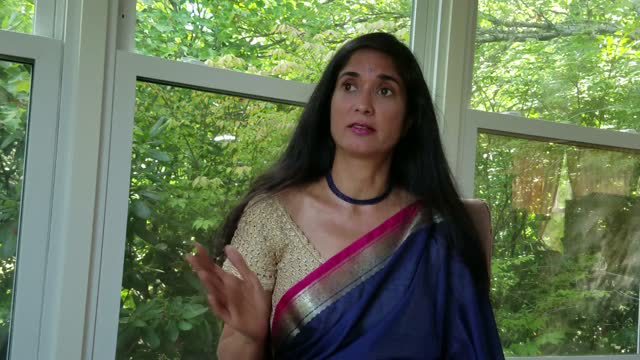“The stories being told are stories that do not fulfill…the happy ending I desire for human beings and for the Earth, with all it contains. And so I think it will be necessary to give this narrativity another story, other events, for there to be an eruption of different realities.” ~Maria Gabriela Llansol
I kneel beside Vita, who is three years old, on the garden path. We look at three different kinds of daffodils. We measure the depth of each flower’s cup with our fingers, plumbing the mystery of their being all different and yet all daffodils.
A chipmunk cheers down at us from the fence. “They are the smallest squirrel!” Vita shouts back. “I have one in my garden!”
She tells me about porch steps, about the crack where the chipmunk appears and disappears, the birdfeeder it raids in lightning dashes.

Even though I went to church at least three times during Holy Week, I’m still unwilling to miss church the Sunday after Easter. My own Anglican tradition calls this day Low Sunday. Some Orthodox Christian traditions call it Thomas Sunday, and, though I’m not Orthodox, Thomas, that Holy Doubter, is what pulls me from bed and to church this morning.
In the Gospel reading for this Sunday, St. John the Evangelist writes that Thomas was out of town the first time that Jesus, resurrected, appeared in the locked room where his friends were hiding after his public torture and execution.
Thomas, grieving, returns to Jerusalem. Thomas, heartbroken, goes to be with the friends he left heartbroken. And Thomas thought grief couldn’t get any lonelier until the moment his friends meet him at the door saying, He’s Alive!
How can you say that, I imagine Thomas saying, looking at the room just as he left it, so empty of Jesus. Alive means having a body, alive means a body carrying traces of everything that body touched. Alive means a body touching other bodies.

Vita tells me about the porch steps, the crack where the chipmunk appears and disappears, the birdfeeder it raids in lightning dashes.
“It is…so small” she holds her hands in front of her: palms flat, touching edge to edge. “This small.”
She looks at her hands’ emptiness. “So small, that. One day. It came into my hands. And. I held it.”

Alive means having a body, I imagine Thomas saying. Alive means a body carrying the traces of everything that body touched. Alive means a body touching other bodies. I won’t believe it unless “I see the nail marks in his hands and put my finger where the nails were, and put my hand into his side.”
Thomas goes home, lonelier and angrier than he’s ever been. He spends a week like that. He goes back to see his friends, to be locked together in a room empty of Jesus.
They lock the door. Jesus enters.
Jesus says, Thomas touch me here. Thomas put your hand inside me here. Inside Jesus’ wound which some medieval mystics imagined as a vagina, the womb from which new life is born after death.
Thomas bows to the authority of embodiment and intimacy, and Jesus meets him there. Jesus comes so close that Thomas’ body is inside Jesus’ body and Thomas cries out My lord and my God.

Vita looks at her hands’ emptiness. “So small, that. One day. It came into my hands. And. I held it.”
I don’t believe this literal ending of Vita’s story. But, with all that I am, I believe what her telling is pointing toward.
Why couldn’t a creature exactly the size of Vita’s two hands held gentle and flat, come to rest there, if only for a moment? How else should a story about something so small and beautiful, about hands so open and willing, end but in touch?

Thomas bows to the authority of embodiment and intimacy, and Jesus meets him there, Jesus comes so close that Thomas’ body is inside Jesus’ body and Thomas cries out My lord and my God.
I don’t know what I believe about this literal ending to the gospel’s story. But, with all that I am, I believe what this telling is pointing toward.
Why couldn’t Jesus—always talking about deathless love, feeding his friends and washing their feet even with his arrest and torture and execution just around the corner—come to rest alive in Thomas’ living hands, if only for a moment? How else should a story about a love that upended so many lives, about a love so embodied, about hands so open and willing, end, but in touch?
Jesus calls Thomas closer than close, and then gives his blessing to everyone not in that room and not touching him, people who “have not seen yet have come to believe.”
Those last words are often taught like a punchline instead of the consolation prize I think they might be. I imagine Thomas living every day of his life with a secret smile at the rest of us. I imagine him bidding us more than welcome to the blessing of knowing without seeing. Seeing, after all, was the least of it. Thomas’ hands knew their own blessing, beyond all sight and all telling.

Why couldn’t a creature exactly the size of Vita’s two hands held gentle and flat, come to rest there, if only for a moment? How else should a story about something so small and beautiful, about hands so open and willing, end, but in touch?
I laugh at Vita’s story of the chipmunk in her hands and ask her if she’s sure that’s how it happened. She smiles a secret smile sideways at the place on the fence now empty of the chipmunk. I’m welcome to my conviction that I know what happened without seeing. Seeing, after all, is the least of it. Vita turns back to the daffodils and plunges each finger of her right hand into a separate flower’s corona and whoops with delight, knuckle-deep in gold. Her hands know their own blessing, beyond all sight and all telling.







It came into my heart. And. I held it. Beautiful!